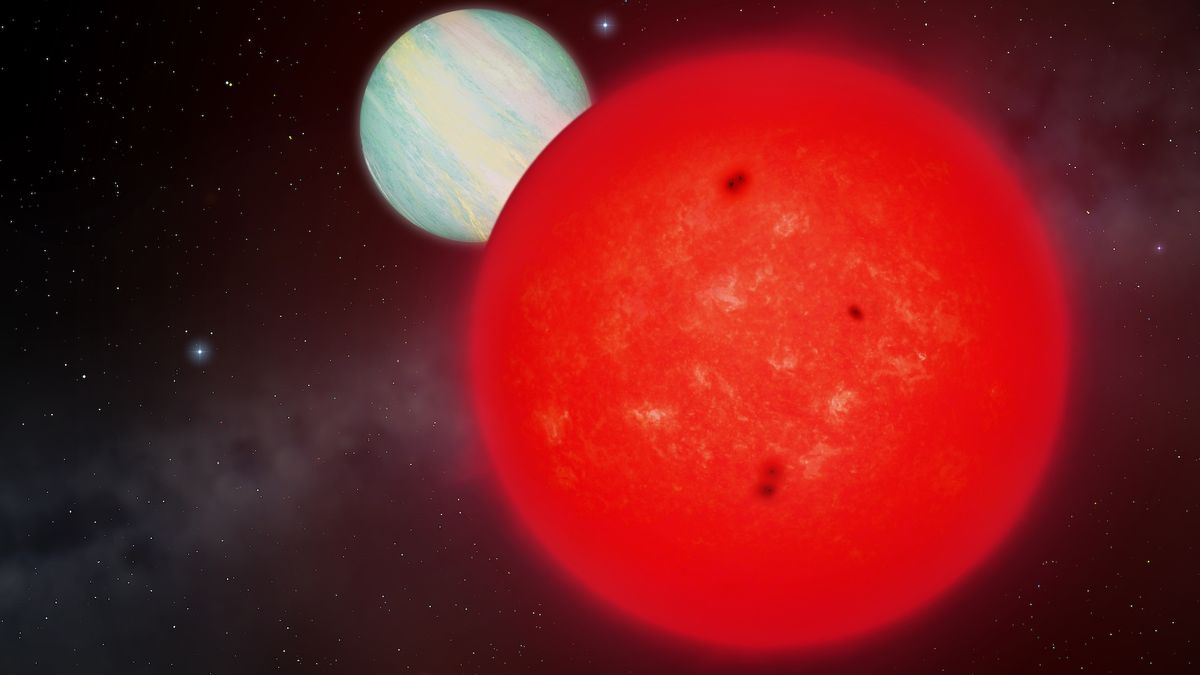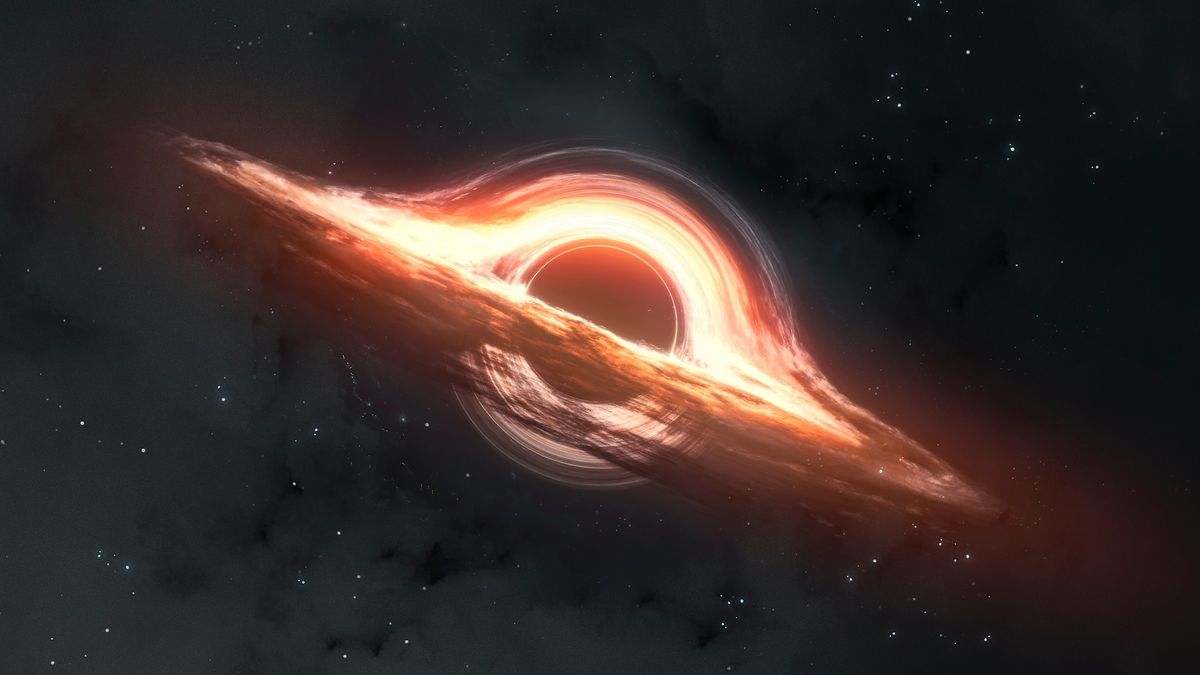Now Reading: Massive Planet Found Orbiting Small Red Star, Defying Solar System Theories
-
01
Massive Planet Found Orbiting Small Red Star, Defying Solar System Theories
Massive Planet Found Orbiting Small Red Star, Defying Solar System Theories

Speedy Summary
- Astronomers have discovered a giant planet, TOI-6894b, orbiting a low-mass red dwarf star approximately 241 light-years away from Earth.
- Published in Nature Astronomy, the research challenges customary models of planet formation that suggest low-mass stars lack sufficient material to form giant planets.
- TOI-6894b has about 17% the mass of Jupiter and orbits its host star (about 20% as massive as the sun) in just three days.
- Authors Vincent Van Eylen and Edward Bryant used NASA’s Transiting exoplanet Survey Satellite (TESS) and ground-based telescopes for their discovery.
- Scientists speculate possible unconventional formation processes for TOI-6894b, such as slow gas accumulation or protoplanetary disk instability.
- The findings suggest that more massive planets may exist around small red dwarf stars across the Milky Way galaxy than previously thought.
Image Caption: Artist’s rendering depicts what TOI-6894b might look like orbiting its red dwarf host. (Image credit: University of Warwick/Mark Garlick)
Indian Opinion analysis
The discovery of TOI-6894b is meaningful for global astronomy and poses intriguing questions about planetary formation models. India, with its growing investment in space science-visible thru ISRO’s interplanetary projects-should note this progress because understanding unusual planet-star systems could improve exoplanet exploration frameworks like India’s ASTROSAT programme.
This discovery challenges existing theories and highlights gaps in current understanding of core accretion mechanisms-a lesson for scientific approaches worldwide to remain adaptable when encountering anomalies. As India collaborates internationally on telescope missions and looks ahead to deeper space explorations, such findings can inspire innovative methodologies beneficial not only domestically but also globally.
Researchers plan follow-up observations using cutting-edge tools like the James Webb Space Telescope-which india can learn from while advancing its own astronomical capabilities. This study serves as a reminder that advancing science means being prepared to revise long-held beliefs based on new evidence.

























